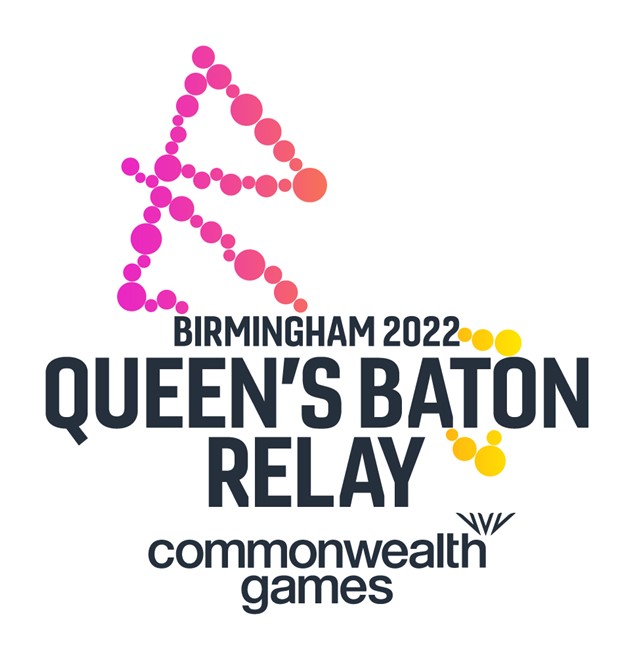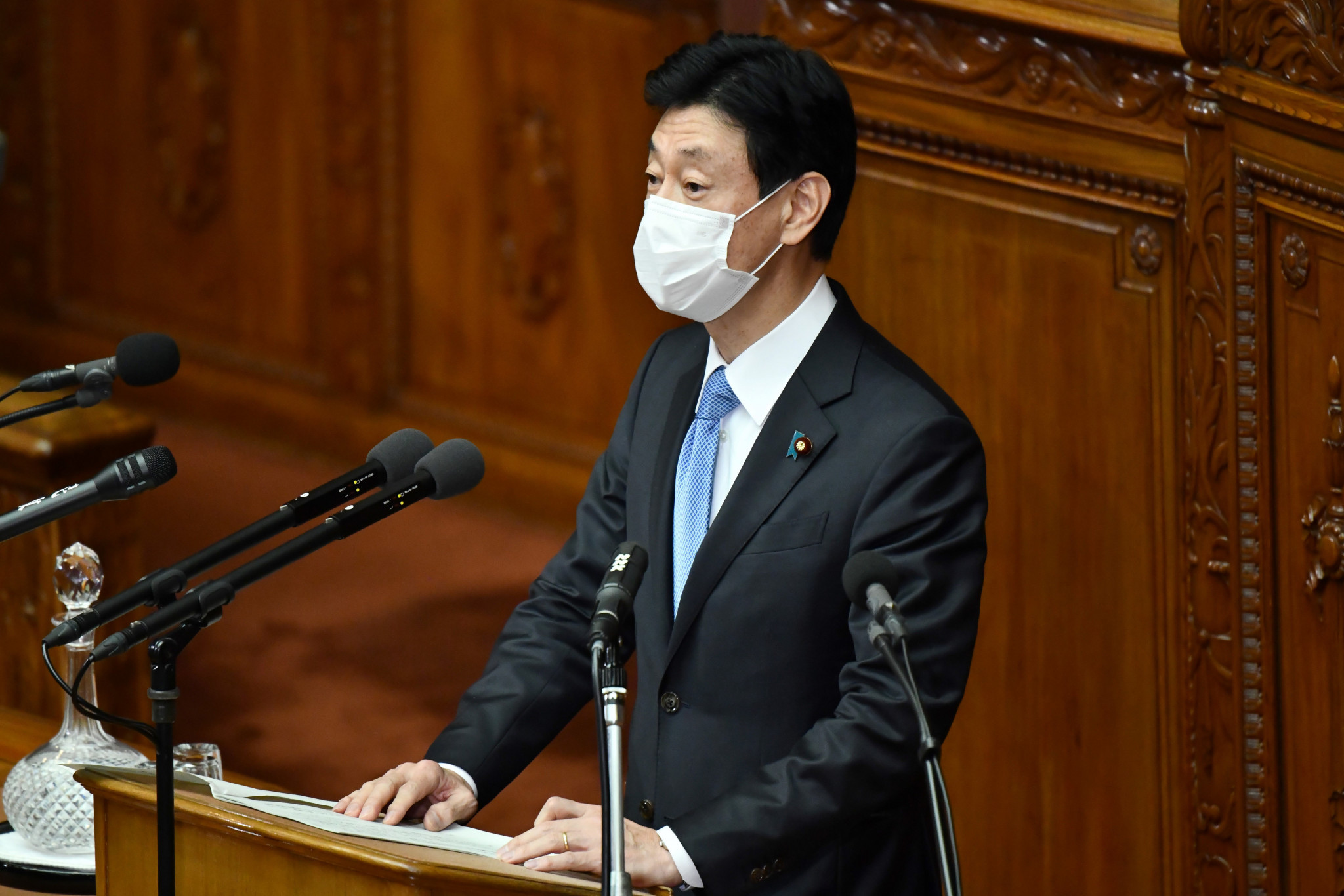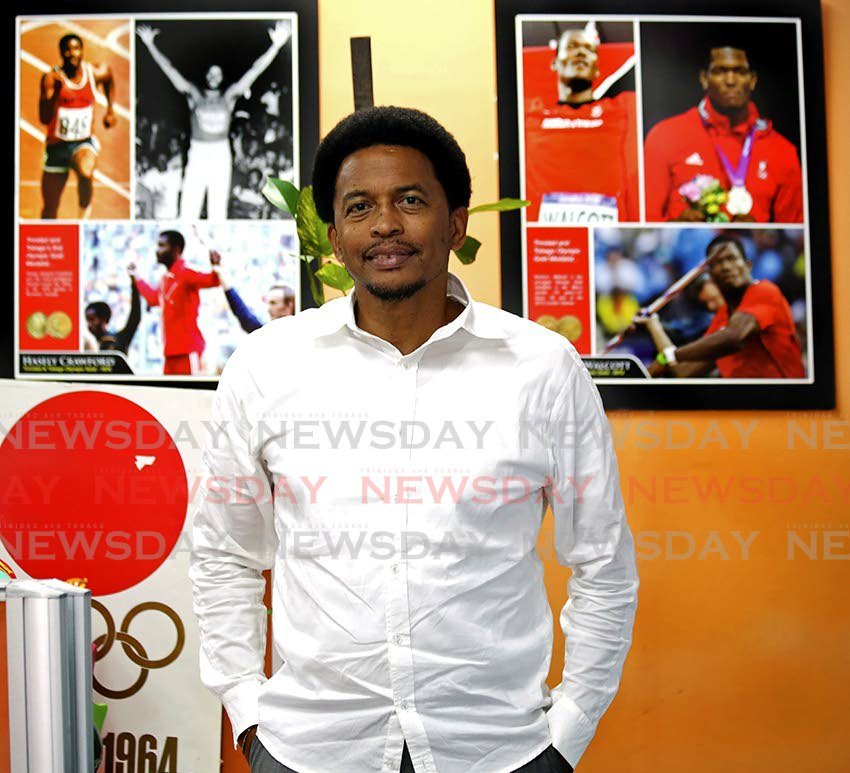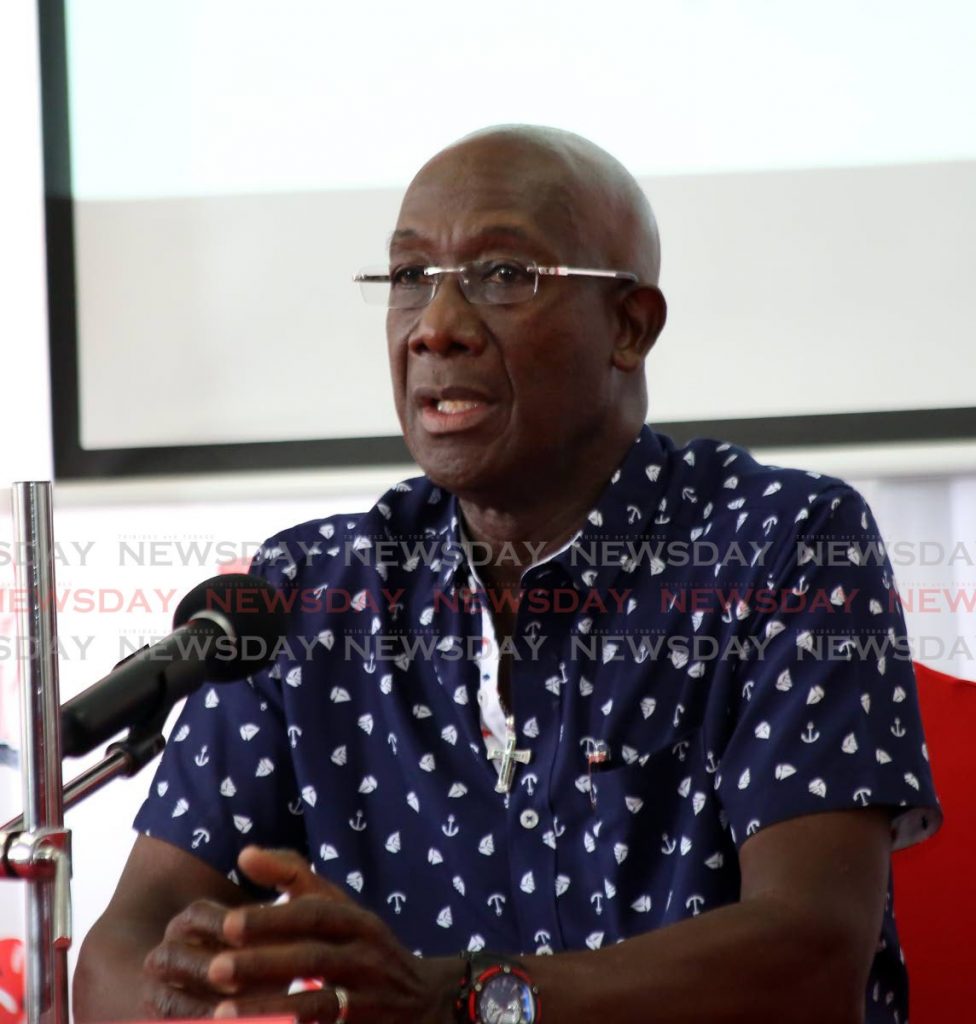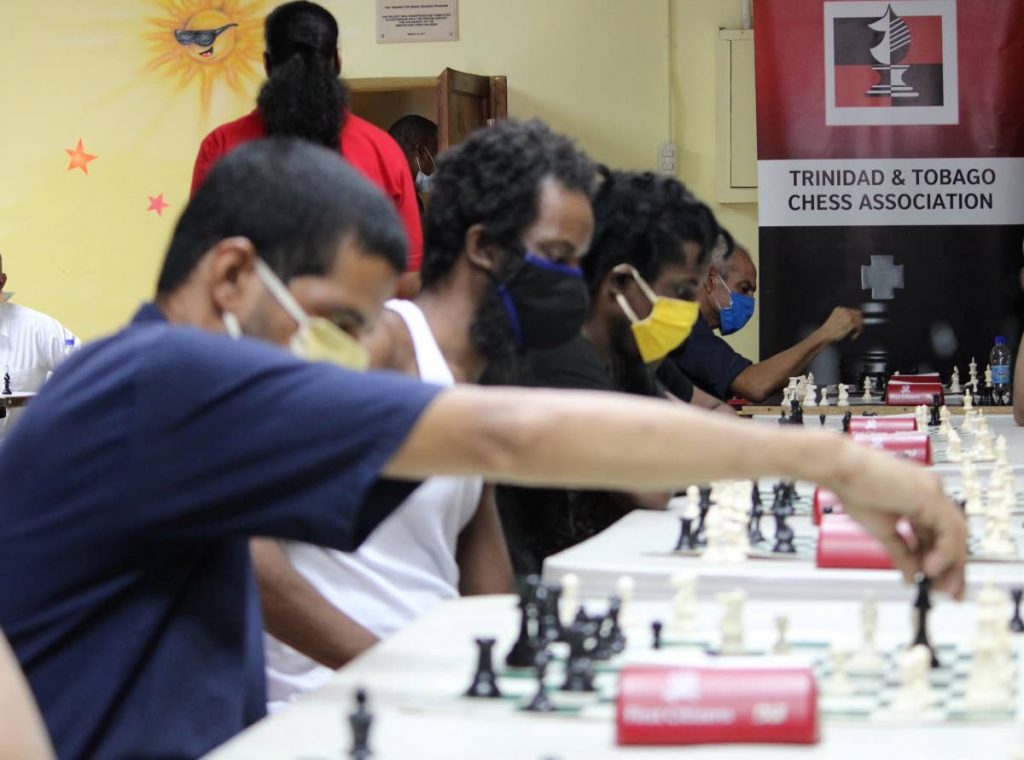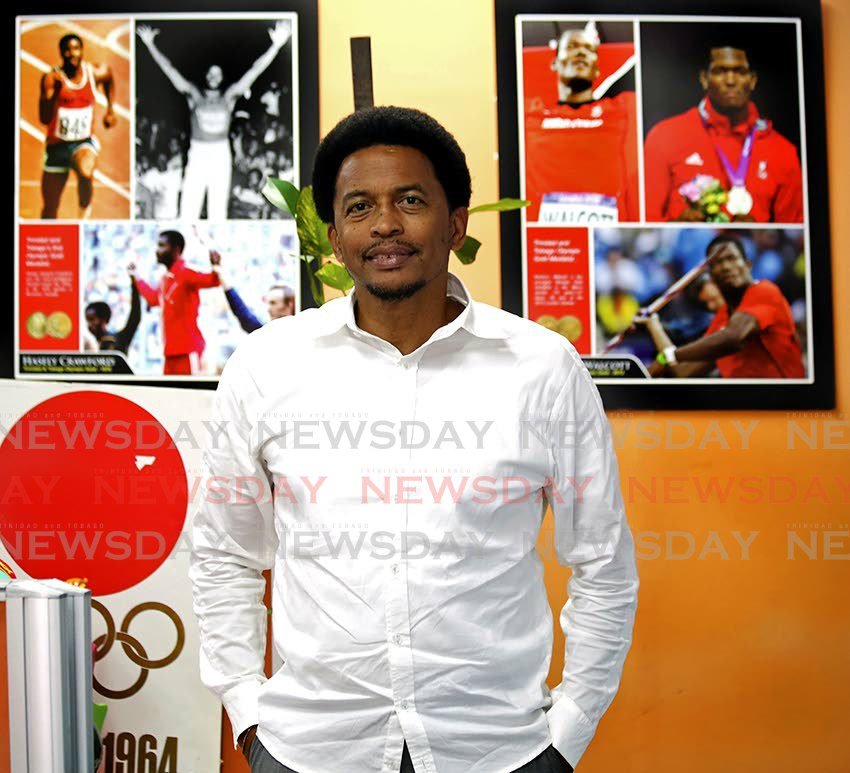The Birmingham 2022 Commonwealth Games has unveiled details of the international route and the design of the Queen’s Baton for the 16th official Queen’s Baton Relay.
Japan to pilot requiring proof of COVID-19 vaccination at large sporting events
Japan is set to test using proof of vaccination against COVID-19 at major baseball and football stadiums in a bid to evaluate the feasibility of easing capacity restrictions.
Brian Lewis: Community boxing a means to cope with 'covid19 fatigue'
How do authorities harness the enthusiasm and passion to make these community boxing bouts safer without taking the element of fun out of it?
Rowley: Government to consider allowing more sports
PRIME Minister has said that the Government is considering allowing more sporting activities to resume in the near future.
Prisoners gear up for historic debut at chess championships
TWENTY-TWO prisoners from five correctional facilities in Trinidad will be selected to compete in their first-ever virtual Inter-Continental Chess Championship, which gets under way on October 13.
TT Olympic Committee invites NSOs to covid19 Bio-Safety Measures for Sports webinar
THE Trinidad and Tobago Olympic Committee (TTOC) will host the first segment of a two-part webinar on Covid19 Bio-Safety Measures for Sports on Saturday from 10am to 11pm. The second half takes place on Wednesday from 5pm to 6pm.

